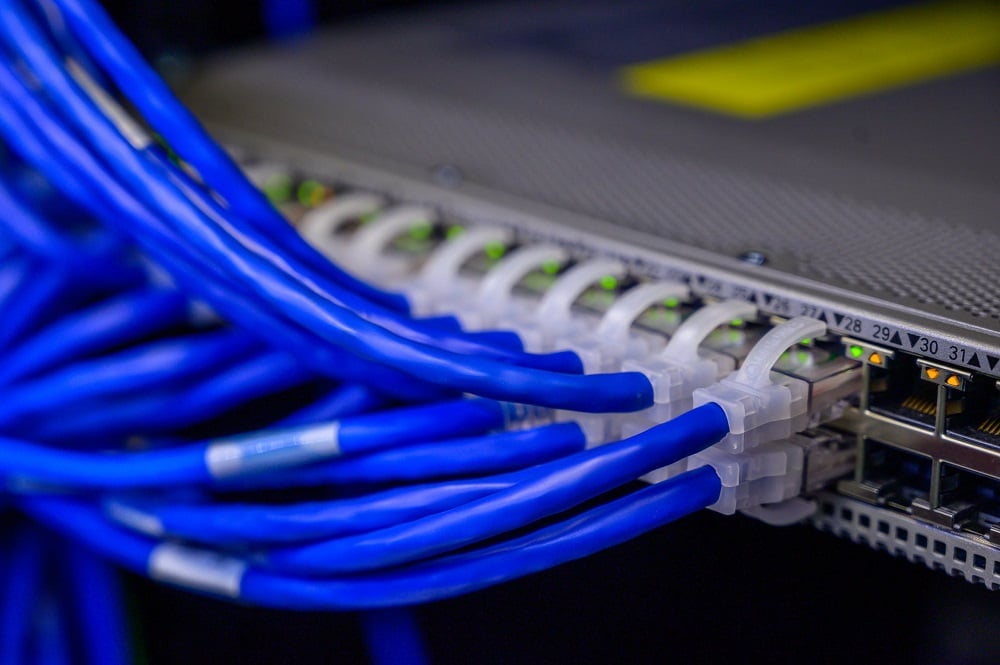The government of Nepal resumed its No Strike policy on the internet and telephone including other essential services so as not to affect their operations. Publishing a notice in the Gazette (Nepal Rajpatra) on December 14 (Mangsir 28), the Home Ministry declared no strike or protest in the areas of the most essential services. In recent years, the government has included the internet in its essential service list while the telephone service was already on it.
The government has issued an order prohibiting strikes in essential services by using the authority given by sub-section (1) of section 3 of the Essential Services Operation Act, 2014. The federal government has listed 25 areas of essential services in its No Strike policy. The list comprises government postal and telephone service. The list also includes areas of services that relate to transportation which carries people and goods from one to another destination.
Also on the list are services relating to the operation and maintenance works of aircraft. The government has also barred any strike on print and government press services. Services relating to banking, insurance, ambulance, consular, and passport department are also on the list of essential services and hence no strike affects their service delivery.
No Strike Zone on the Telephone and Internet
At no. 7, the government has listed telecom services for no-strike zone policy. The ruling holds that there should be no situation of protest, or strikes that could potentially disrupt communication services. At no. 25th is internet service. This includes internet service from Nepali internet service providers (ISPs) and telcos.
Just like the telephone and other communication services, the government stresses that all situations that amount to protests and strikes should be avoided which could frustrate the flow of internet services. NTA has likened internet service to a basic human right and the government’s no-protest policy complements this stand.
Internet More Important Than Ever
The internet service was not among the essential services in the past. However, the government started enlisting the internet service as one of the essential ones so that strikes wouldn’t disrupt the continuity of the broadband service. It received priority particularly from around the time of Covid-19 lockdowns.
There are good reasons the internet area should be free of any protests or strikes. Office work, work from home, business meetings, and even training or workshops are going online. So it’s not just browsing social media and watching YouTube videos that constitute internet consumption. The internet is now a way of life, a set culture. The latest initiative from the government will guarantee no bar on internet services due to strikes.
Repercussions On Strike
If any individual or group stages strike, the local administration will step in and take legal action. The outlaws will be subject to imprisonment over 1 year or a Rs. 1,000 fine or both.
The government has tried to put an end to the transport syndicate with such laws in the past. Now adding internet service to the list of essential services will give it an elevated priority in need. The ruling now exempts internet service from any kinds of strikes or protests that could threaten the flow of service to the general public.
The internet is not a luxury but a necessity. Lockdown has helped us realize the value and potential of the internet. Let’s hope this act from the government will further ensure the public with uninterrupted broadband connectivity even in challenging circumstances.
Check out: How to Get Wifi Internet Connection at Home in Nepal?
Are you happy with the government adding the internet to the list of essential services? Or do you believe it should have added other areas of services too? Share what you think in the comments section below.













